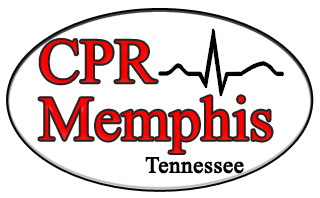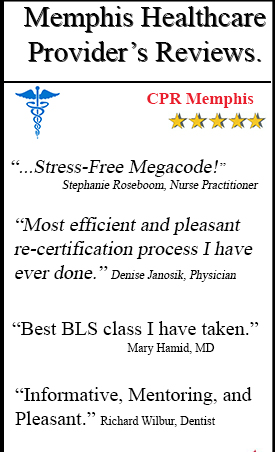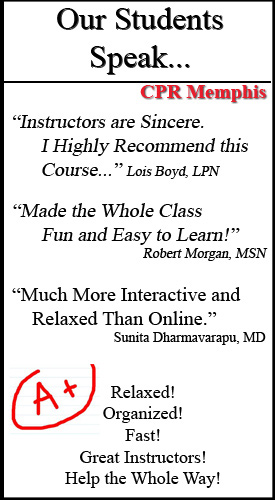Hypertension is simply high blood pressure. Blood pressure is measured by systolic pressure over diastolic pressure. A normal blood pressure is less than 120/80. It is measured in millimeters of mercury, a pressure measurement. The top number, systolic, is the pressure in the arteries when a person’s heart contracts. The bottom number, diastolic, is the pressure in the arteries between heartbeats (www.heart.org).
Chronic high blood pressure can cause many health problems. It leads to heart disease, heart attacks, strokes, aneurysms, kidney dysfunction, vision loss, and memory loss (mayoclinic.com). There are many risk factors for this disease. This condition is an epidemic in American society, primarily because of our diets. Too much sodium, too little potassium or vitamin D, obesity, lack of exercise, smoking, and high amounts of stress (mayoclinic.com). Many of these factors can be easily managed before they develop into hypertension.
Hypertension develops over many years and does not have symptoms. Often, people experience complications before they are diagnosed. It is important to have regular check-ups. Each time an individual goes to the doctor’s office, the doctor will check the patient’s blood pressure and record it. If a trend is noticed over a period of multiple readings on different days, then the doctor will make a diagnosis (mayoclinic.com).
If a person does have symptoms, those may include severe headache, fatigue, confusion, vision problems, chest pain, breathing difficulty, irregular heartbeat, blood in urine, pounding in chest, neck or ears (webmd.com). It is important to see a doctor for any of these reasons; they can also indicate other health issues.
The National Heart, Lung, and Blood Institute lists that lifestyle changes and medicines are the best forms of treatment for hypertension. It is very important to quit smoking, be physically active, maintain a healthy weight and eat a healthy diet. Doctors may recommend lifestyle changes, medicine, or both (nhlbi.nih.gov). If medicine is prescribed, it is very important to take the medication as prescribed for as long as determined by the physician. When hypertension is only controlled some of the time, it is still considered uncontrolled.
Uncontrolled hypertension can lead to what is called a “hypertensive crisis.” This is when a person’s blood pressure shoots extremely high very quickly (www.heart.org). This is what leads directly to rupture in arteries, which can occur throughout the body. If an artery or vein ruptures in the brain this is a type of stroke. These can be fatal; brain damage is irreversible.
If there is any reason why a person cannot afford their medication for hypertension, this should be brought to the attention of their doctor or pharmacist. If there are side effects, a doctor should also be notified. There are many different medications that can be prescribed that work in different ways, but also that affect each person differently (nhlbi.nih.gov).
Doctors may prescribe diuretics, beta blockers, ACE inhibitors, angiotensin II receptor blockers, calcium channel blockers, alpha blockers, alpha-beta blockers, nervous system inhibitors or vasodilators (nhlbi.nih.gov). These all act in different ways within the body, but all work toward the same goal of lowering blood pressure.





